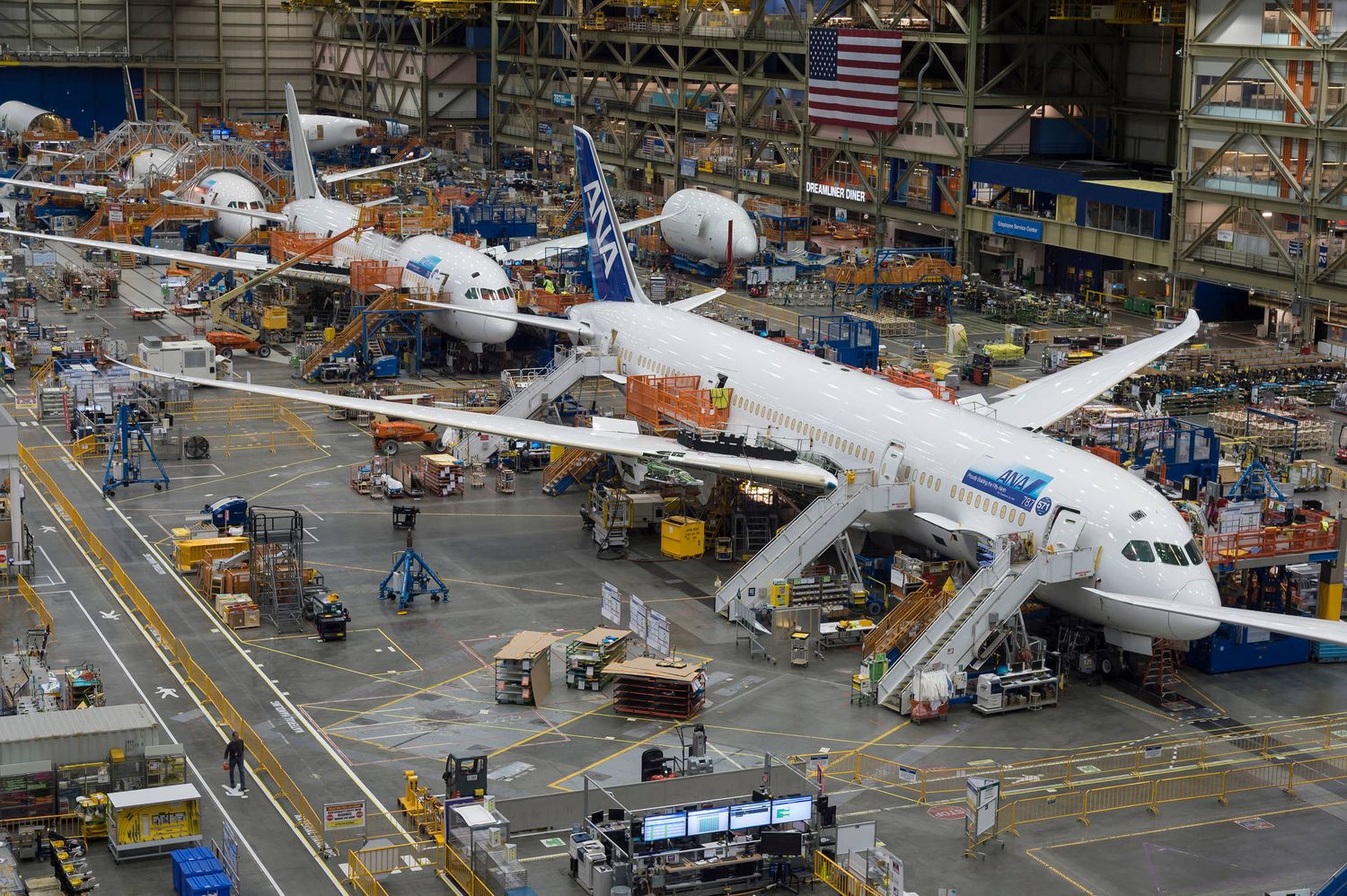Airbus and Boeing expect supply chain problems to remain through 2023
According to David Calhoun, Boeing’s CEO, the U.S. aerospace manufacturer expects the current supply chain problems to continue until the end of 2023. Airbus’ forecast is in line with these projections.
Labor shortages at medium and small suppliers are the main cause, according to the executive. In many areas, the rapid increase in demand seen in recent months exceeded the industry’s ability to adapt and maintain an adequate service.
The situation led to widespread delays and complications, in some cases, widespread. In May, Boeing commented that production of 737 aircraft had slowed down due to a shortage of connectors for wiring systems. In turn, many airlines had to reschedule and cancel flights due to staff shortages.
Calhoun said that «it is remarkable how quickly the shift from demand to supply problems occurred». He added that Boeing maintains «large and complicated» logistics. The delays then translate into problems that impact the different phases of the production line.
The situation also affects its most direct competitor in the market, Airbus. The European company announced in May that it foresaw risks in its supply chain in the short term. However, it spoke confidently about the ability of its global suppliers network to keep pace.
The company, currently the world’s largest commercial aircraft manufacturer, imports large quantities of titanium. About 65% of Airbus’s supply of the metal comes from Russia, according to consultancy AlixPartners. Sanctions against that country also have an impact on the business. That is why the company publicly requested the European Union not to impose restrictions on the material, which is used to manufacture critical components of its aircraft.
See also: To avoid sanctions, China and Russia relaunch the CR929 without Western components


Para comentar, debés estar registradoPor favor, iniciá sesión